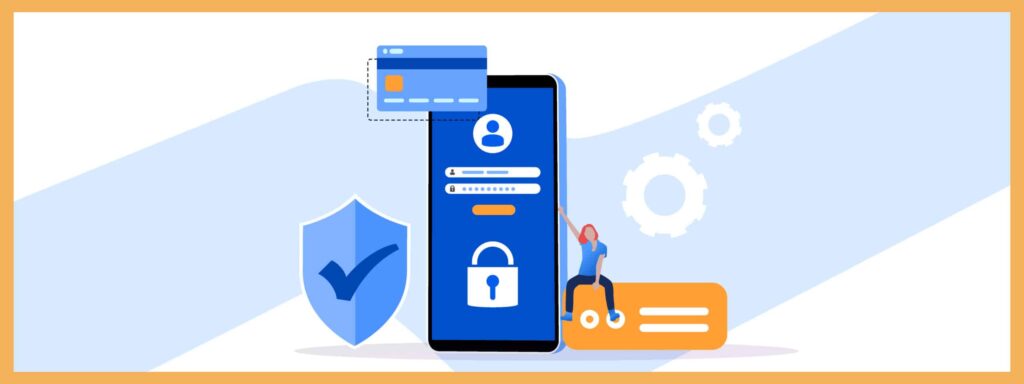Securing your first credit card

Getting your first credit card can feel like a rite of passage to financial adulthood. It's a step that opens up new opportunities but also comes with its own set of challenges and responsibilities. Here's a quick guide to help you navigate this exciting journey.
Securing that initial piece of plastic (or metal, for some fancy options out there) isn't just about spending power—it's about building a credit history, understanding financial products, and setting yourself up for future financial success. This post will walk you through the key steps to take and what to look out for.
From understanding the qualifications to managing your credit limit and maintaining good habits, we've got you covered. Let's dive into the essentials of getting your first credit card and using it wisely.
Qualifications: Stepping Stones to Approval
Before diving into the world of credit, it's important to understand what's needed to qualify. Your journey begins with some basic financial groundwork.
The essential criteria often include a stable income, a clean credit history (though not always necessary), and being at least 18 years old. If you're curious about the nitty-gritty, check out these Steps to qualify for your first card.
For students and young adults, options like secured credit cards or student credit cards can be a great starting point. These products are tailored to those new to credit and often have features designed to help build a positive credit history.
Creditors also look for proof of financial responsibility, so having a job or a consistent source of income can significantly increase your chances of approval.
Understanding Your Credit Limit
Once approved, you'll be granted a credit limit—the maximum amount you can spend on your card. But what determines this limit?
Your limit is based on several factors, including income and creditworthiness. Initially, it may not be very high, but that's not necessarily a bad thing. A lower limit can help you manage spending and encourage good credit habits. For a deeper dive, explore Understanding your first credit limit.
Remember, the goal is to use your card wisely, ideally paying off the balance in full each month. This approach not only avoids interest charges but also positively impacts your credit score.
It can be tempting to see your credit limit as free money, but it's really not. Think of it as borrowed money that needs to be repaid. Treating your credit card like a debit card—spending only what you can afford—can keep you out of financial trouble.
Building Good Credit: Beyond the First Swipe
Getting the card is just the beginning. The real challenge comes in using it responsibly. Your credit behavior with this first card can have a lasting impact on your credit score.
Timely payments are key. Even one missed payment can negatively affect your credit score. Aim to pay your balance in full each month, or at the very least, make the minimum payment. For more insights on how to build a strong credit profile, check out Building credit with responsible use.
Monitoring your credit score regularly can also give you insights into how your financial behaviors affect your creditworthiness. Plus, it helps in catching any errors or fraudulent activities early on.
Using your card for small, regular purchases and paying off the balance monthly is a good practice. This not only builds your credit but keeps your utilization low, which is great for your score.
{FAQ}
{FAQ_ITEM}
{FAQ_TITULO}How long does it take to get approved for your first credit card?{/FAQ_TITULO}
{FAQ_CONTEUDO}The approval time can vary depending on the lender and the type of credit card. Generally, it can take anywhere from a few minutes for automatic approvals to up to a few weeks for manual review. If you're applying for your first card, patience is key. {/FAQ_CONTEUDO}
{/FAQ_ITEM}
{FAQ_ITEM}
{FAQ_TITULO}Can applying for a credit card affect my credit score?{/FAQ_TITULO}
{FAQ_CONTEUDO}Yes, applying for a card typically involves a hard inquiry into your credit report, which can temporarily lower your score by a few points. However, the impact is minor and your score often recovers within a few months of responsible credit use. {/FAQ_CONTEUDO}
{/FAQ_ITEM}
{FAQ_ITEM}
{FAQ_TITULO}What should I do if my application is rejected?{/FAQ_TITULO}
{FAQ_CONTEUDO}First, don't panic. Review the reasons provided for the rejection. It could be due to limited credit history, low income, or other factors. Consider applying for a secured card or taking steps to improve your creditworthiness before reapplying. {/FAQ_CONTEUDO}
{/FAQ_ITEM}
{/FAQ}
Wrapping Up: The Journey Begins
Securing and managing your first credit card is an important milestone in your financial journey. It teaches valuable lessons about credit, debt, and financial responsibility that will serve you well throughout your life.
Remember, the key to successful credit management is understanding the product, using it wisely, and maintaining good financial habits. This isn't just about buying power; it's about building a solid financial foundation for your future.
So, take your time, do your homework, and approach your first credit card as a tool for building your financial future, not just a means to an end. Your future self will thank you.
Good luck on your journey to getting—and mastering—your first piece of plastic!

Related